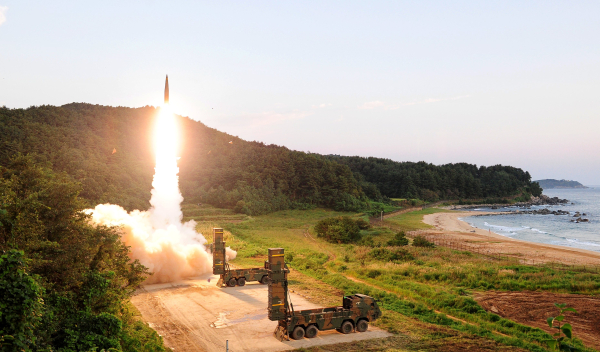The world is now far too small for the incident of the attack on two tankers in the Gulf of Oman to be considered remote.
The incident also reminds us that the world is exceptionally unstable.
Every incident of this kind can serve as a spark that triggers a broader conflagration, the consequences of which are unlikely to be limited to the Gulf region.
History teaches that such events can trigger a chain reaction that will impact on the oil market and other crucial areas.
The geopolitical repercussions could reach the Eastern Mediterranean in a period with an unfavourable confluence of events.
One must not forget that Turkey is functioning as a destabilising factor in the region.
At a moment that Turkey is courting Tehran, what role will Ankara play in the strife between the US and Iran? What quid pro quo will it seek if Washington requests its assistance?
These parameters and unanswered questions aggravate the uncertainty.
In contrast to chess, moves on the geopolitical chessboard are not pre-determined and alliances are not given.
Actions are often dictated not by cold calculation but rather by the emotional charge of the moment.
In short, the game is not played on stable ground with stable rules.
It is played in quicksand.




![Εκατομμυριούχοι: Η μεγαλύτερη μετακίνηση πλούτου στην ιστορία το 2025 [γράφημα]](https://www.ot.gr/wp-content/uploads/2024/04/money-2048x1366-1-600x400.jpeg)




















